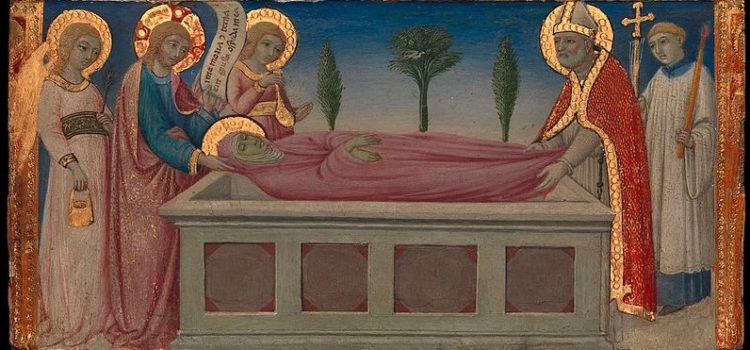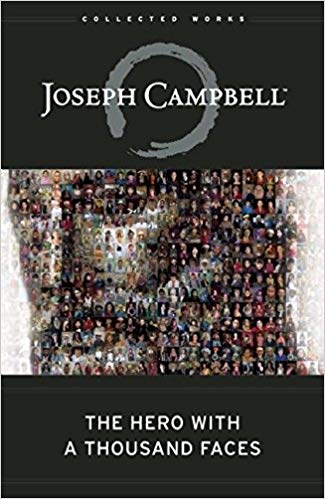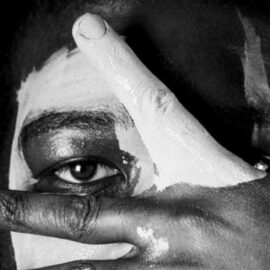

This article is an excerpt from the Shortform summary of "The Hero with a Thousand Faces" by Joseph Campbell. Shortform has the world's best summaries of books you should be reading.
Like this article? Sign up for a free trial here .
What is a culture hero? What do culture heroes have to do with Joseph Campbell’s hero’s journey?
A culture hero is a founder who appears at the beginning of a culture’s legendary past. Culture heroes often help found that culture’s universe and change the course of history.
We’ll cover the concept of the culture hero and look at examples of culture heroes in Native American, French, and Chinese traditions.
Culture Heroes
Eventually, there comes a point where the gods and heroes of mythology must yield to actual historical figures. A step removed from origin stories about the creation of the cosmos, we are now dealing with the phenomenon of culture heroes—the founders who appear at the beginning of a culture’s legendary past. Rather than creating the universe, these figures create cultures.
Such figures are shrouded in mystery and their historicity is much-debated by historians, archaeologists, and anthropologists. Often, these are the kings whom legend tells us were themselves gods or demi-gods and used their divine status to create the great cities and kingdoms that we recognize and see today.
The human hero is the creator of order, a monster-slayer who kills the demons that still lurk in the darkness, holdovers from a more ancient, mythic time. The legends of the culture hero symbolize the transformation of the world out of a chaotic past and into an ordered and well-governed present. The beasts that the hero slays represent the entanglements of former times. It is also the symbolic slaying of the most noxious aspects of the father at the hands of the son (although this figure is sometimes a cruel uncle or usurper, to water down the vivid themes of patricide). In this, we see the heroic theme of transformation coming forth once again.
Native American Culture Hero
The Native American Blackfoot tribe tells of Kut-o-yis, a culture hero, who slaughtered the cruel bears and snakes that were tormenting the country (slaying one bear and one snake, each of which was about to become a mother). He then liberated his people from the belly of a sucker-fish and then cunningly defeated a series of evil hags who had been luring people to their deaths.
French Culture Hero
A story touching on similar themes of the culture hero is the medieval French tale of Saint Martha, who, at the behest of her people, ventures into a forest where a fearsome dragon lives. She finds the creature in the act of eating a man and immediately sprinkles holy water on it while brandishing her crucifix. The monster is pacified and gently emerges from the forest, led by Saint Martha. When they reach the village, the peasants kill the creature with stones and clubs.
Chinese Culture Hero
In the Chinese tradition, there is the culture hero of Fu Hsi, the “Heavenly Emperor,” who reigned during the early third millennium BCE. He taught the Chinese people to fish, hunt, and raise domestic animals. He was also born of immaculate conception, with the body of a serpent, human arms, and the head of an ox. Such founding figures perform superhuman work, establishing human civilizations and laying the foundation for the world as we recognize it today.
Eventually, the world no longer needs the culture hero either. Society has been established to a sufficient degree so that now, ordinary men and women can take up the burden of sustaining civilization. The first of this kind is an emperor or king in human form who hereafter stands as the model of good political leadership for the kingdom. This is exemplified by the Chinese figure of Huang Ti, who reigned a few centuries after Fu Hsi. He ascended to the throne at the age of 11 and ruled for over a century, during which the Chinese state enjoyed a golden age of peace and prosperity. He introduced mathematics, shipbuilding, woodworking, money, music, and private property.
Return and Exile of the Culture Hero
These human culture heroes often have a miraculous childhood (despite frequently being born to lowly status) and are endowed with powers from the moment of their birth. Their herohood is predestined, not achieved. They have some special connection to the world of the supernatural, either through dreams or premonitions, and their story is often one of ignominious exile and glorious return. After a childhood where they overcome extraordinary obstacles, they rise out of obscurity and reveal their true character. This is essentially the theme of crucifixion, followed by resurrection.
Mesopotamian Culture Hero
Sargon of Akkad (culture hero and founder of the Mesopotamian Akkadian Empire and an undisputed historical figure from around 2300 BCE) was, as his legend tells us, born to an obscure mother and an unknown father. After being set adrift in the Euphrates River on a basket of bulrushes, he was discovered by a shepherd and bestowed with great favor by the goddess Ishtar. This divine blessing, this endorsement from the gods was what enabled him to found the world’s first empire.
Similar origin stories of great historical figures abound, from Chandragupta, the founder of the fourth century BCE Maurya empire in India; to the early medieval pope, Gregory the Great; to the first Holy Roman Emperor, Charlemagne.
———End of Preview———

Like what you just read? Read the rest of the world's best summary of "The Hero with a Thousand Faces" at Shortform . Learn the book's critical concepts in 20 minutes or less .
Here's what you'll find in our full The Hero with a Thousand Faces summary :
- How the Hero's Journey reappears hundreds of times in different cultures and ages
- How we attach our psychology to heroes, and how they help embolden us in our lives
- Why stories and mythology are so important, even in today's world






